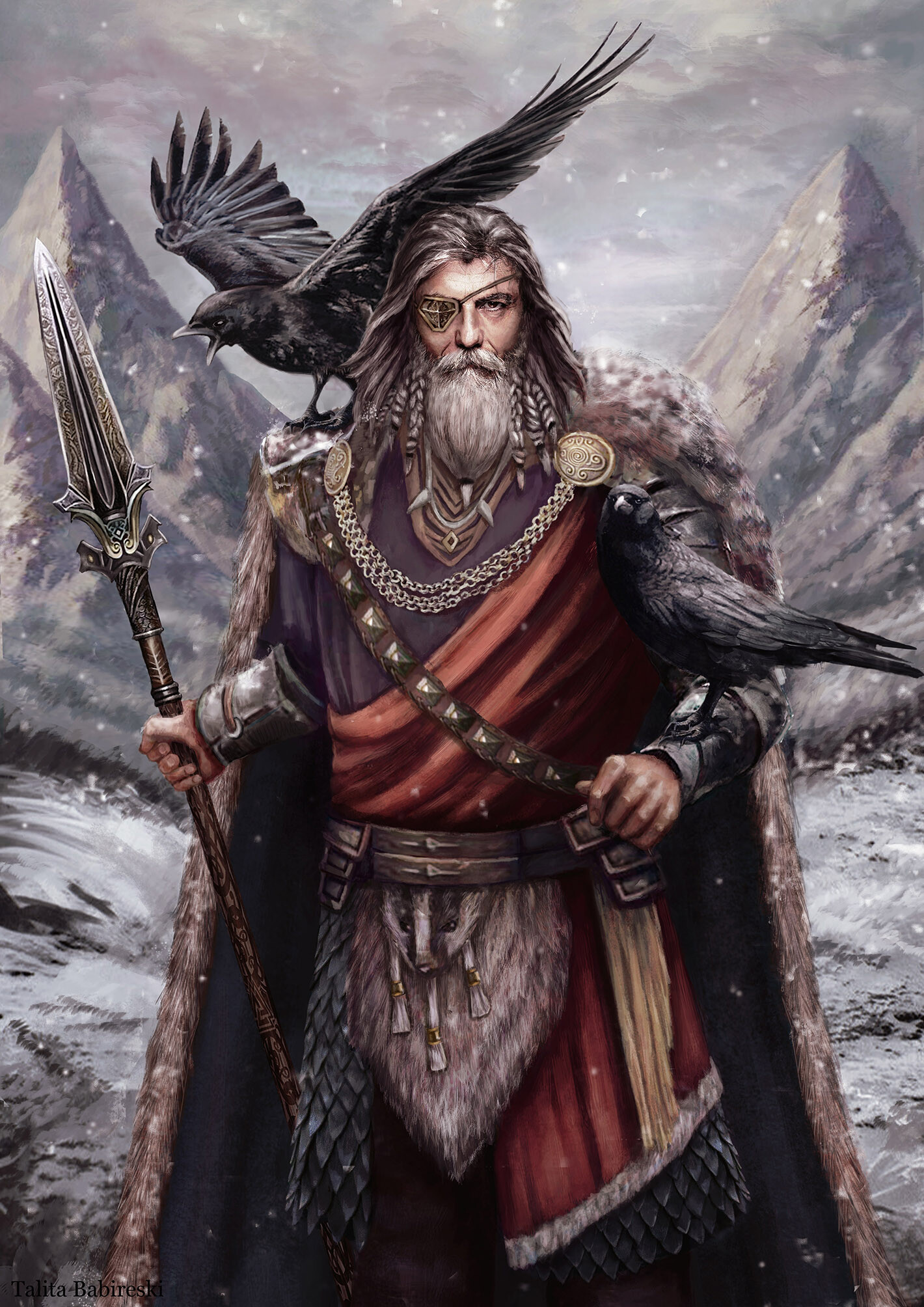- Joined
- Aug 19, 2022
- Messages
- 939

It is, but at the same time those are some of the mythological sources from which fantasy draws from...and how is that not a dorky nerd power fantasy?Not quite, not quite. The kabbalists, for example, are supposedly gaining their powers through extensive study. The hermeticists likewise.Acquiring magic skills by rigorous study is just a dorky nerd power fantasy. unsubstantiated by any of the mythological sources from which fantasy draws from.
Odysseus was the first necromancer on record and he was taught necromantic rites by Circe who was of divine origin. Odysseus also defends himself from what may be the earliest recorded magic attack (that we have knowledge of) by Circe by using an herb but this knowledge was revealed to him by the god, Hermes. Odysseus himself was reputed to be the great grandson of Hermes but being related to a god in greco roman myth didn't automatically give you magical powers.
The concept of the art and practice of magic/magical rites in the ancient world was variously associated with divinity and evil. Zoroaster, the greco roman conception of this supposed person, is thought to have introduced the concept of magi/magic to the greco roman world and he was thought to be a prophet. He was also a teacher and magic could be taught to others.
Gandalf was something like an angel that could manifest various physical appearances. It's not stated explicitly in the books but he did travel amongst elves, orcs and men, he may have learned some spells from them but maybe all of his power was divine.
Merlin is a character who is thought to have emerged through the fusion of earlier traditions/mythological and historical figures and there is quite a bit of contention concerning his origins. He is commonly thought to have been the son of a mortal woman and an incubus. His demonic parentage is where he got his magical abilities from and having a parent that was a demon was thought to often result in physical deformity or the creation of a wizard/witch in medieval times.
Dnds' conception of magic heavily draws from the writing of Jack Vance in which humans could memorize spells if they had access to them in written form although some magical learning happened on different planes of existence.
Is the wizard a nerd power fantasy? Well of course it is but you could say that about roleplaying in general depending on the player/game in question. Not all rpg players are unathletic nerds though that is the stereotype and is often the case though I personally know exceptions.
The wizard is the nerd overcoming and outshining the jock(warriors) with brain power. That can happen in real life as well but typically after college when the nerd has a good job and the jock who didn't study or make it as a pro athlete drifts from one dead end job to another.


























